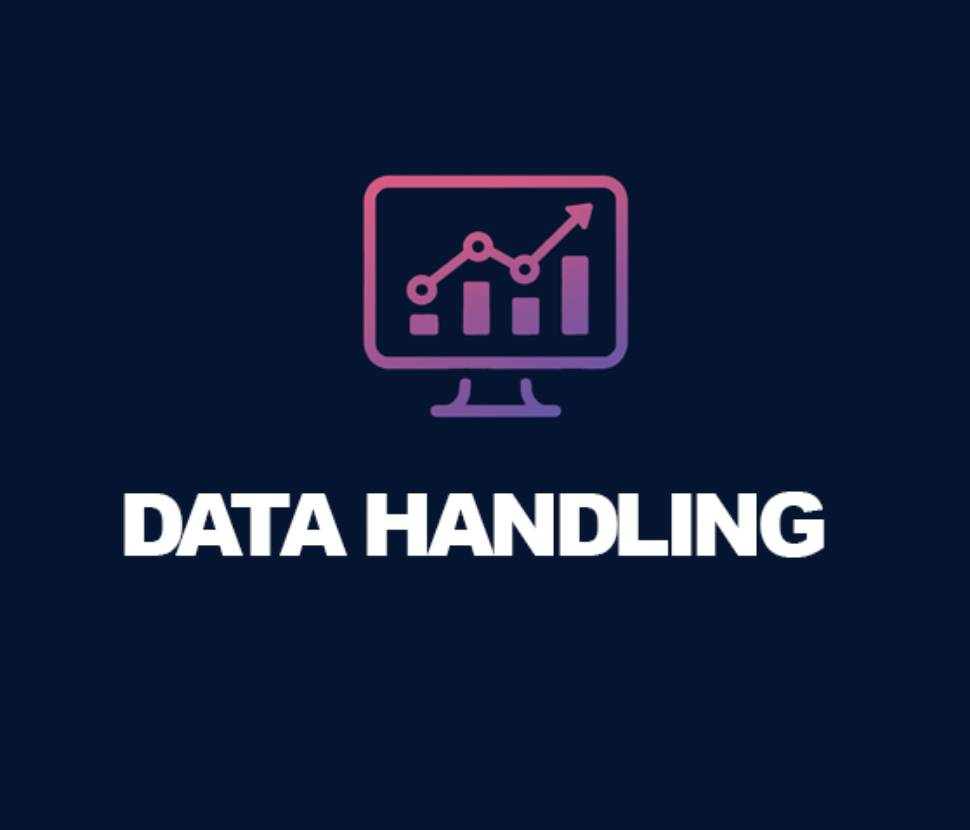Data Handling
The Data Handling module focuses on Pandas DataFrames and NumPy arrays, two core packages for data science applications in Python that facilitate the import, visualisation, and manipulation of large datasets. We’ll cover the most common data types: tabular data, numerical arrays, and time series data. Additionally, you will learn how to load images and break them down into their representative numerical arrays for manipulation and analysis.
Price: £350 + VAT
L2D runs two courses per year: one in the Spring and one in the Autumn. For 2025 admission, the Spring course commences on May 12th 2025, and the Autumn course commences on November 3rd 2025.
To comfortably enrol in the L2D course, it is recommended that you have a very basic level of proficiency in using a personal computer: and a basic proficiency in using the operating system of your choosing (either Windows, Linux or Mac OS). You will also need a suitable computer of your own and access to a broadband internet connection.
Yes. Our Introduction to Python course – in its earliest modules – takes learners through the basics of setting up Python, and the most basic programming operations and functions. For those individuals who have either not programmed before, or who have limited programming experience, we recommend that you enrol in L2D from the Basic Python stage. Please contact [email protected] for more information on the optimal point at which to join the course.
The L2D course is assessed via topic-wise assignments, together with a Final Project:
- Assignments: With each lesson release, assignments are set to monitor a learner’s progress, and identify facets of their learning that may require improvement.
- Final Project: This is assessed more strictly, upon successful completion of all our modules. The grade awarded for this project is pivotal to learners being awarded their L2D Certificate of Completion. Marks and written feedback are provided by our tutors throughout and are returned directly to students, shortly after submission.



